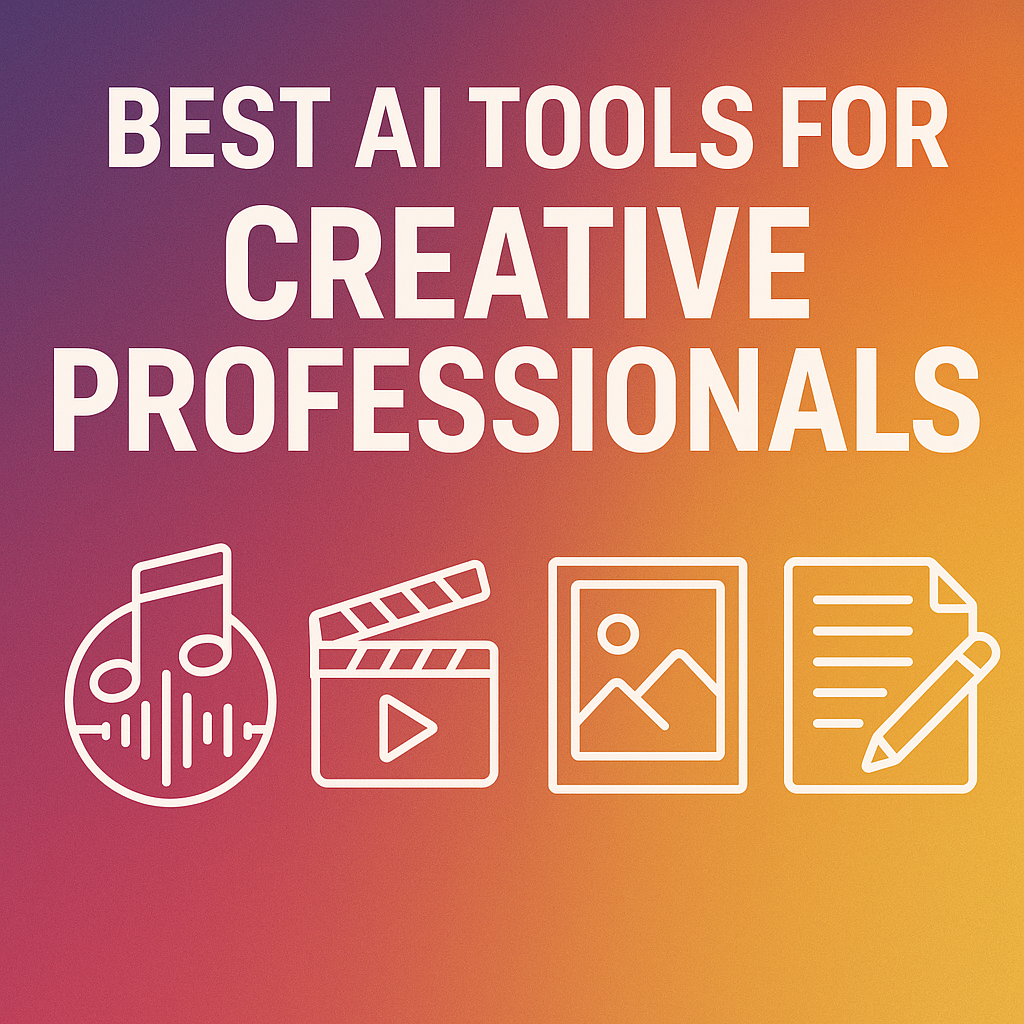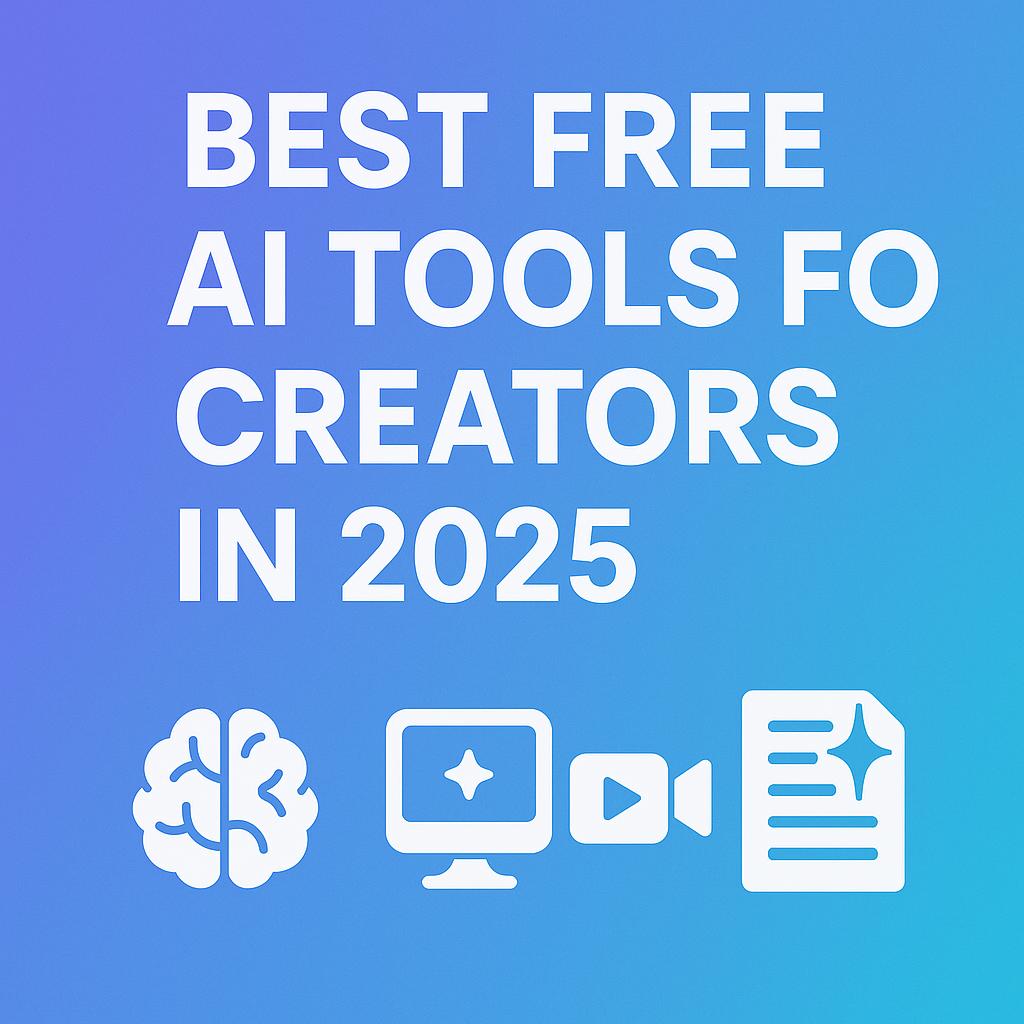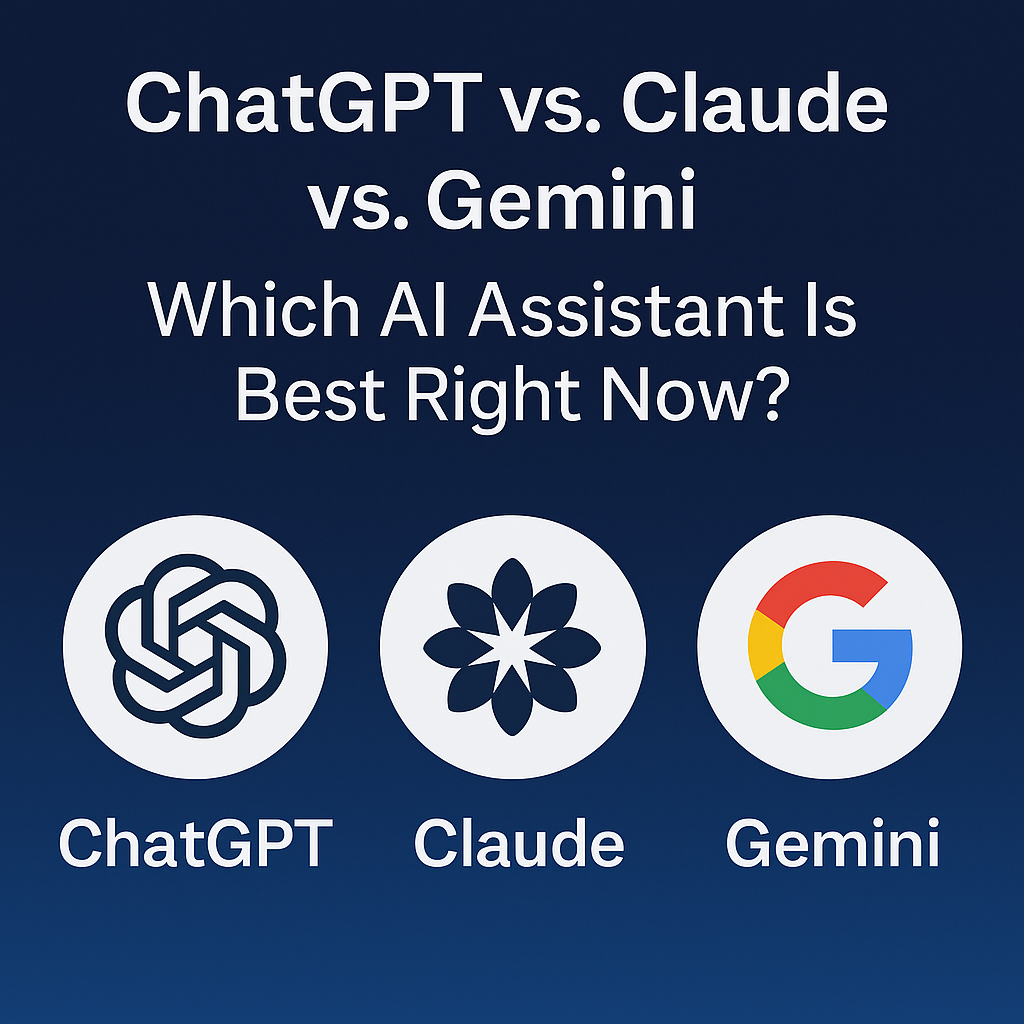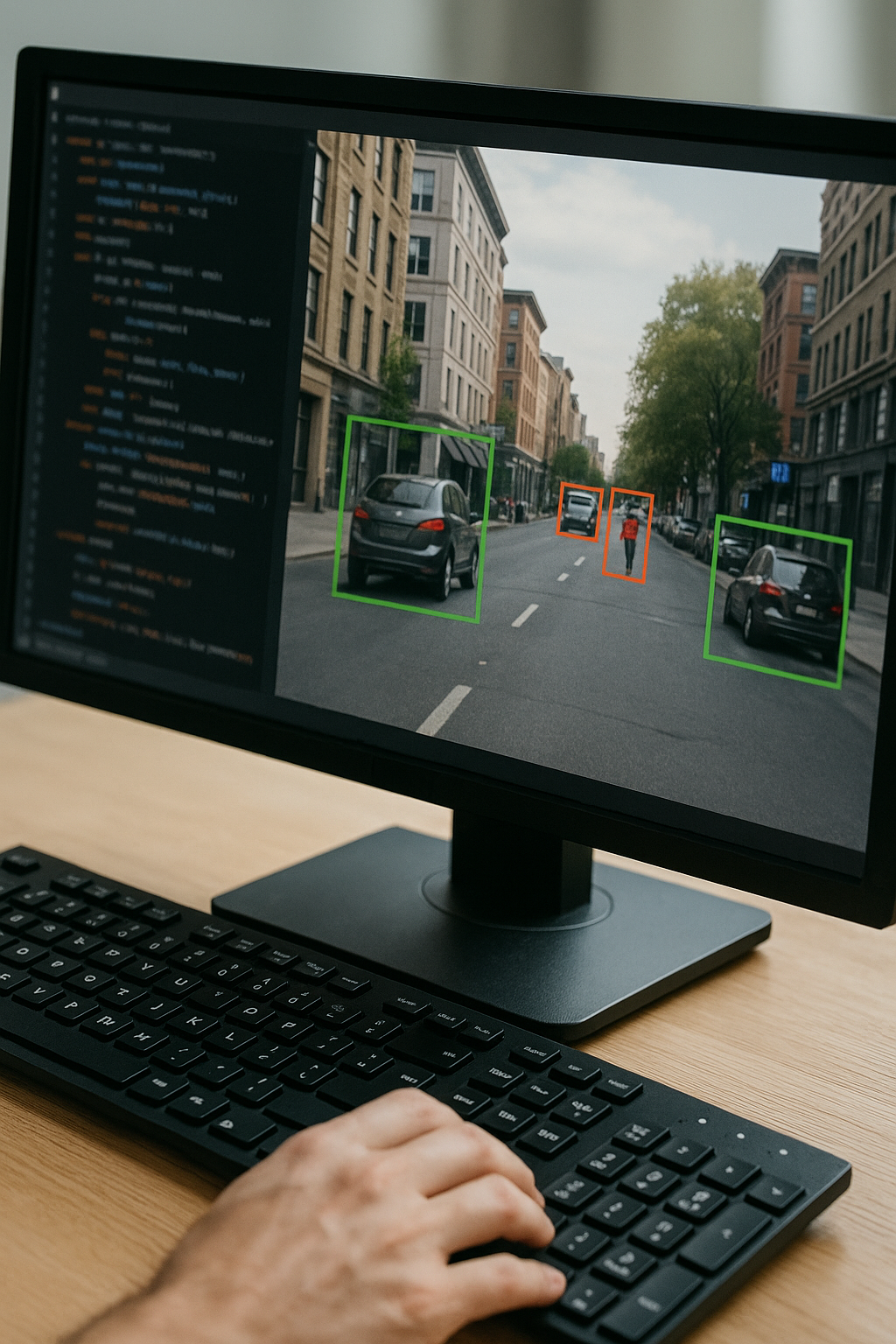The 7 biggest AI news stories this week
A week of smarter tools and stronger regulation
AI didn’t slow down this week. In fact, it sped up — with new models, smarter assistants, more music tools, and the early steps of serious government oversight.
Whether you’re a developer, startup founder, investor, or just trying to stay AI-literate, here are the 7 most important AI news stories from the past 7 days — and why they matter.
1. ChatGPT memory now available to all users
OpenAI’s long-awaited memory feature for ChatGPT is finally rolling out to everyone — free and paid users alike.
ChatGPT can now remember details across chats, including your name, tone, preferred topics, and even your writing style.
Key features:
- You can view, edit, or delete memory at any time
- Memory updates automatically as you interact
- Works with both GPT-4 and GPT-3.5 models
Example: If you regularly write SEO blogs, ChatGPT will start suggesting headlines or formats you’ve used before — without needing to remind it.
Why it matters:
This transforms ChatGPT from a static tool into a dynamic, personalized assistant, inching closer to real AI companionship and professional support.
2. Anthropic quietly releases Claude 3.5 to early testers
While OpenAI was focused on memory, Anthropic made a stealth move by soft-launching Claude 3.5, the next version of its highly capable LLM.
Currently in early access for researchers and enterprise partners, Claude 3.5 shows major improvements in:
- Long-form reasoning
- Complex instruction following
- Code generation and bug tracking
- Context retention in multi-part conversations
According to insiders, Claude 3.5 now matches or exceeds GPT-4 Turbo on several reasoning benchmarks.
Why it matters:
Anthropic’s Claude is gaining serious traction with businesses. Expect this model to become a go-to assistant for analysts, legal teams, and software devs.
3. Stability AI releases Stable Audio 2.0
The newest version of Stable Audio, the AI-powered music generator from Stability AI, is now out — and it’s a huge step forward.
Unlike its earlier version (mostly good for loops), Stable Audio 2.0 can now generate full-length songs with real structure.
What’s new:
- Generate 60–90 second tracks with verses, choruses, and transitions
- Choose genre, tempo, mood, and instrumentation
- Commercial-use license included
It’s already gaining traction with content creators, indie artists, and soundtrack composers looking to quickly prototype or finish ideas.
Why it matters:
This could change how we score videos, create ambient music, and sketch songwriting ideas — in minutes, not hours.
4. The EU launches 'AI Office' to enforce AI Act
After passing the AI Act last week, the European Union announced the launch of the AI Office, a new agency dedicated to monitoring and enforcing AI regulation.
The AI Office will:
- Audit high-risk AI applications (e.g., facial recognition, medical tools)
- Review and approve generative models used in hiring or legal contexts
- Require clear disclosure of AI-generated content in advertising and media
- Coordinate cross-border compliance with tech companies
Why it matters:
This is the first real AI oversight body in the world. It sets a precedent for how other regions — especially the U.S., Canada, and Asia — might regulate advanced models going forward.

5. Google DeepMind advances SIMA, its general-purpose game AI
DeepMind released a new paper and demo videos for SIMA (Scalable Instructable Multiworld Agent), an AI agent trained to play open-world video games using only natural language and visual input.
SIMA can now:
- Follow instructions like “gather wood and build shelter” in 3D worlds
- Learn skills by watching human gameplay
- Transfer learning across multiple game engines
It has successfully played games like No Man’s Sky, Valheim, and Goat Simulator 3 with no game-specific training.
Why it matters:
SIMA is a big leap toward general AI agents that don’t need hard-coding to act — they learn like humans do, by seeing and doing.
6. Mistral releases Mixtral 8x22B weights to the public
French AI startup Mistral continues to shake up the open-source world with the public release of Mixtral 8x22B, a massive Mixture-of-Experts language model.
Key features:
- 8 experts, 2 active per token (efficient routing)
- Outperforms LLaMA 2, PaLM 2, and approaches GPT-4 on some tasks
- Fully open weights and permissive license
Mixtral’s release is a massive win for open-source developers looking for serious performance without enterprise pricing or API lock-in.
Why it matters:
It’s another signal that open AI is catching up to (and sometimes beating) closed AI — and it's happening faster than anyone expected.
7. Amazon’s 'Rufus' AI shopping assistant goes live
Amazon officially started rolling out Rufus, a conversational AI assistant built into the Amazon app and Alexa devices.
Rufus helps users:
- Find products based on natural questions
- Summarize reviews and compare features
- Offer tailored suggestions based on purchase history and behavior
Example prompt: “What’s a quiet dishwasher under $500 with high ratings?”
Why it matters:
E-commerce is becoming voice-first and AI-driven. This is the first true fusion of search, reviews, and buying in one smart, interactive experience.
Final thoughts: AI is accelerating—and taking root everywhere
This week’s headlines show just how rapidly AI is embedding into everyday platforms, from shopping apps to songwriting tools, while also drawing serious attention from regulators.
There’s never been more opportunity for innovation. But there’s also never been more pressure to get it right—ethically, securely, and creatively.
Want to stay updated with the latest in AI?
Every week, we break down the biggest AI launches, product updates, and industry trends in plain English—so you can stay sharp without scrolling for hours.
Smart, weekly updates. No fluff. No hype. Just what matters.
Sign Up For Our Weekly Newsletter and Get Your FREE Ebook " AI For Everyone - Learn the Basics and Embrace the Future"











